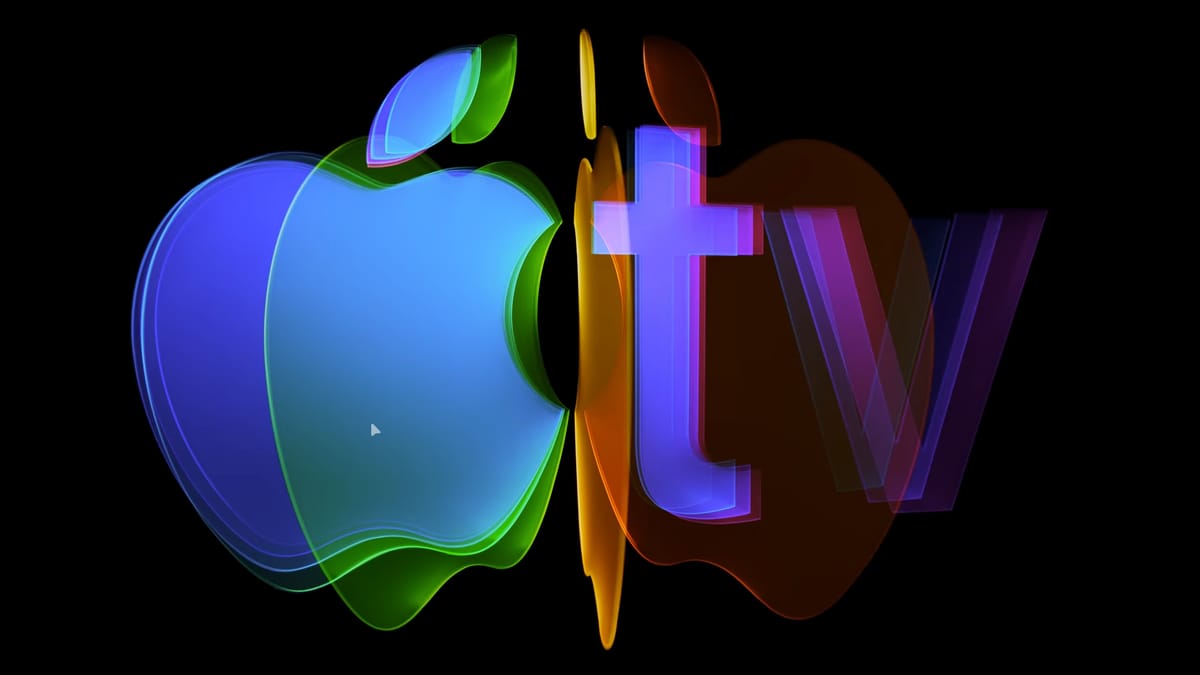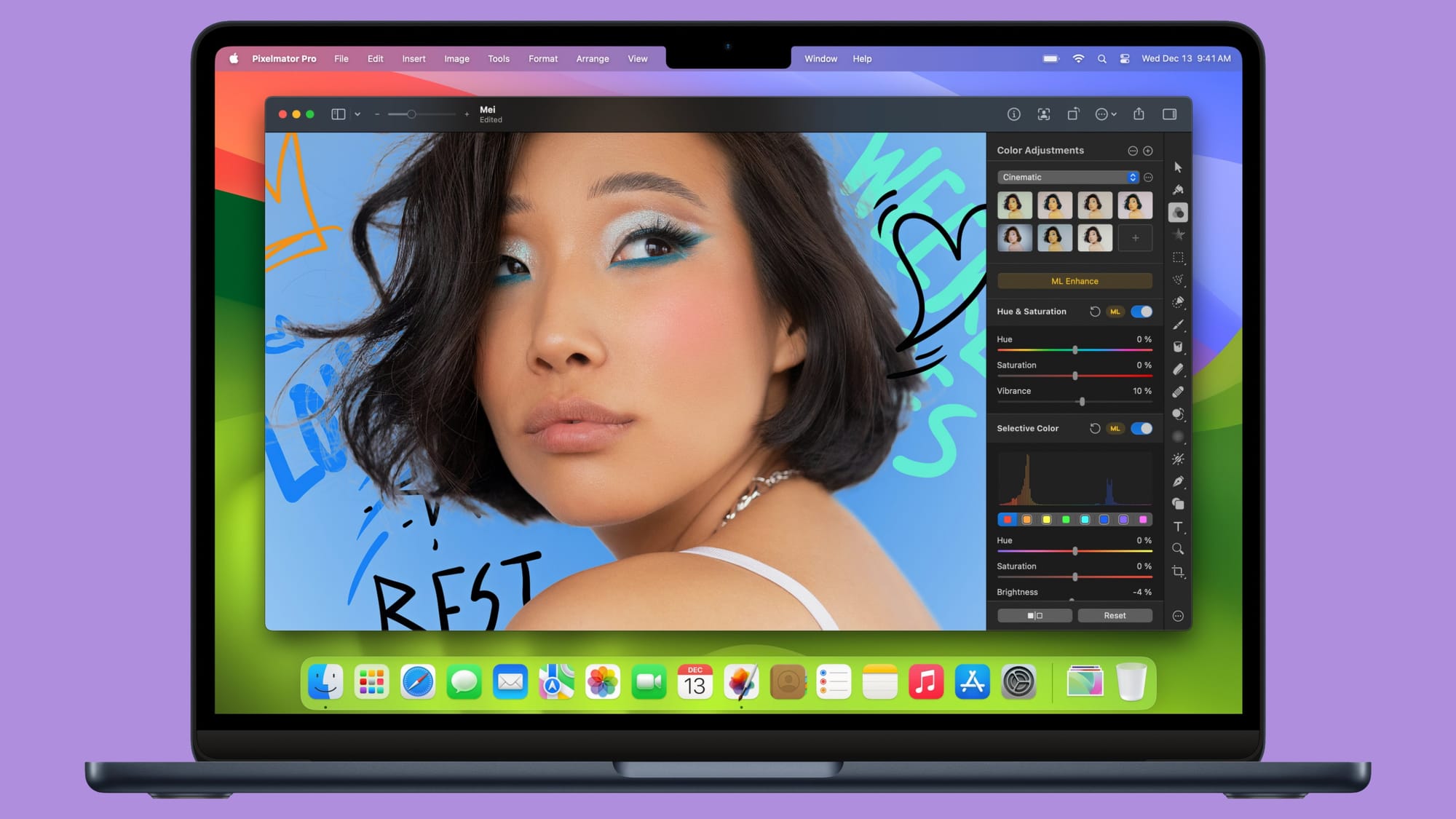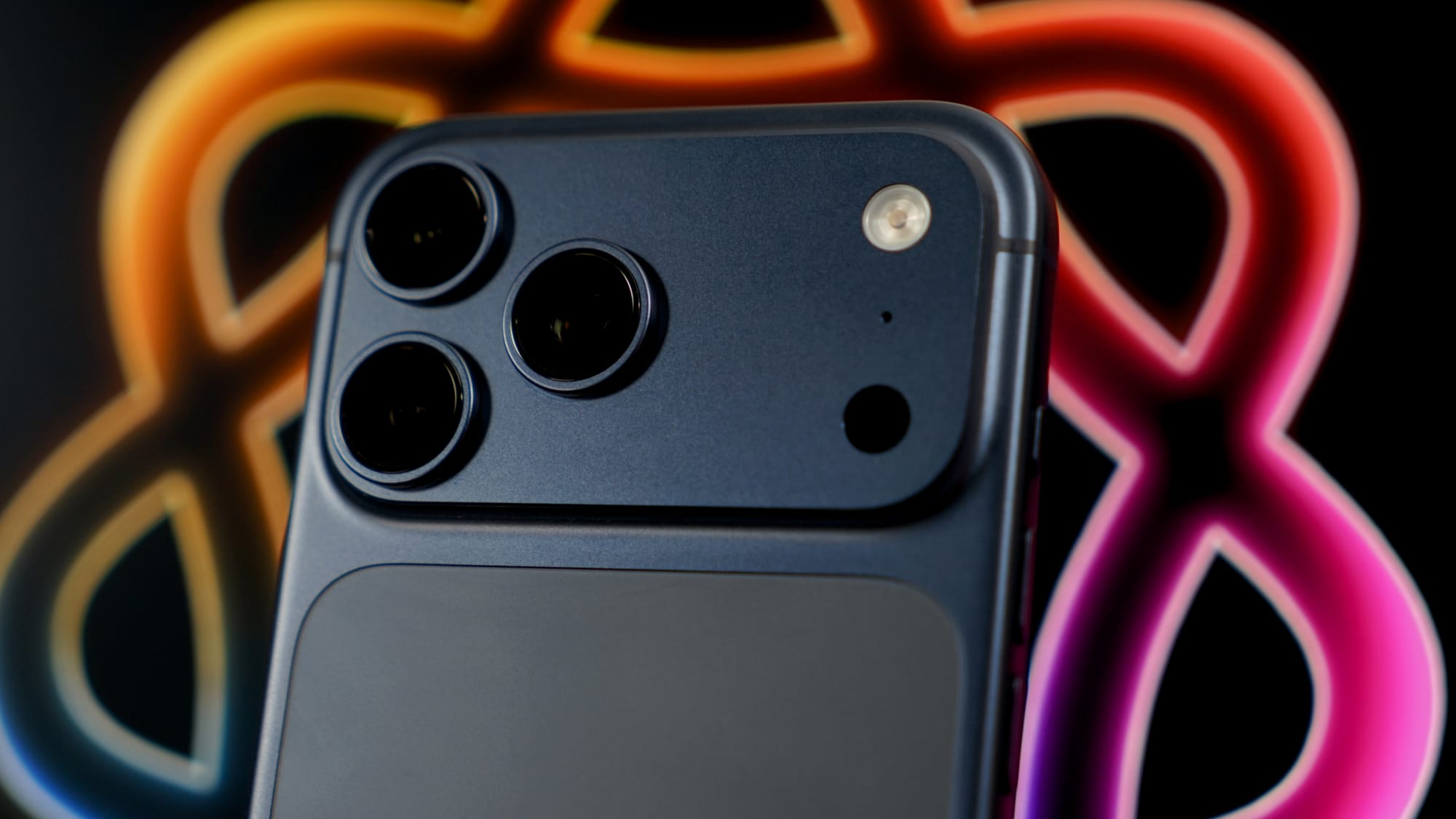Apple's week November 7: A subtle rebrand

It's been a quiet week so far with little to discuss beyond Apple TV (sans +) wrapping up its rebrand with an interesting new mnemonic. We've got some news on Apple's AI plans, plus I finally released the Apple Vision Pro with M5 review.
Here's the news for the week:
- Apple's new TV logo and sound made with practical effects
- Apple One gets a new logo
- iOS 26.2 gets a beta
- Apple Creator Studio
- Apple Vision Pro with M5 review
- More Apple Immersive Video is incoming
- Apple's Siri update won't be "powered" by Gemini
We dove into many of these topics on the AppleInsider Podcast this week. There's even a Kingdom Hearts mention during AppleInsider+, because of course I couldn't resist.
There's not much to say on the Apple TV rebrand other than it makes sense and I'm glad to see they're being thoughtful in the implementation. The practical effects used for the new mnemonic are fun, though I wonder if it stands out enough as a brand sound.
Apple Creator Studio
We have virtually zero information about this, but I'm almost certain the Apple Creator Studio is a subscription bundle for universal Apple apps. The previous leaks of app identifiers suggesting Pixelmator Pro and others would debut on iPad heavily indicate this possibility.

I am concerned about what a bundle like this might cost. My guess is $20 per month, but that combined with $40 for Apple One and $20 for AppleCare One would put me at $80 a month just for Apple services. It is quite expensive and maybe a bit much for what is being offered.
If the bundle gets me access to other apps, I may consider it, but honestly, all I need access to is Pixelmator Pro. The rest are just add-ons that I doubt I really need to get work done, at least today.
So unless Apple makes this compelling, I'll likely end up paying for the single app. Of course, Apple could offer a one-time payment option, but that seems unlikely given their push into services these days.
Whatever it is, I hope Apple doesn't wait long to reveal it. The holiday season is coming up, and I'm sure the company is eager to bolster its offerings ahead of Christmas.
Apple Vision Pro's future
I finally got around to reviewing the updated Apple Vision Pro with M5. Of course, the chipset does what it promises and makes a handful of things better, but there's an issue it can't solve.

Apple's biggest problem is the lack of developer support for Apple Vision Pro. The chicken-and-egg problem requires the platform to become more relevant for developers to take notice, while also needing developer support to become more relevant.
It's not a new idea, and one I've promoted since the initial Apple Vision Pro launch, but Apple needs to step up its developer incentives. Today, it's tough to divert time for a platform that will earn individuals and companies very little money for the time invested.
Apple needs to put some of those profits to use and just pay for developers to support the platform. Select some of the more popular options that have proven success on iPhone, iPad, or even Meta Quest and pay them to show up for Apple Vision Pro.
There's also the problem of needing additional support for native apps on the platform from Apple. The compatible apps list hasn't changed since the original product was revealed in June 2023. A small selection of new apps have arrived from Apple, but none have changed from iPad to Vision Pro native in that time.
I'm still confident in the platform and expect Apple to make the right moves here. We're already seeing greater creator interest in Apple Immersive Video, and with a more available development and release pipeline, that sector will grow quickly, and soon.
The problem is there are too many apps, games, and utilities that just aren't present on Apple Vision Pro, even from my limited workflows. There is no excuse why some apps just haven't gone native beyond monetary reasons, and even then, those reasons could be solved by Apple itself.
As we enter the third year of Apple Vision Pro, I can only hope Apple has plans set to revitalize developer interest in the platform. It is the only way visionOS can grow and become sustainable across the next decade as Apple evolves its spatial computing platform.
Apple isn't giving up on AI
There have been multiple reports in recent months suggesting Apple is incapable of releasing a competitive AI platform. Even weirder, these reports are appearing even as the AI bubble is set to pop.

Consumer interest in AI continues to crater, demos of what should be revolutionary features keep feeling less than impressive, and that human-level "superintelligence" still appears to be a fantasy. However, investors are still obsessed with Apple's ranking in the AI race as if it holds some real importance.
In spite of Apple Intelligence falling flat for investors, Apple has had another record-breaking quarter and expects the best quarter in company history with Q1 2026. Regardless, that's somehow not good enough, even though Apple's money is made on physical goods individuals are happy to spend money on instead of ephemeral grifts.
Apple Intelligence may not be able to boast the biggest specs, but with on-device operations that ensure user privacy and security, it can lead the industry. Users won't care that Apple's on-device AI has some billions of parameters, nor will they care that Google's Gemini agent found in Private Cloud Compute will have 1.2 trillion parameters.
All they care about is that their lights turn off when asked, or accurate information about an upcoming flight is provided. Apple's advantage here will be providing results without having users need to understand each level of how and where AI is used.
I'm confident that whatever arrives in the spring, Apple will have an AI that runs privately and securely on device, and when it needs to call to Private Cloud Compute, user data will remain secure. Google Gemini will operate in the servers without accessing or training on user data, and all queries will be powered by renewable energy.
In a world filled with grifts and nonsense, at least Apple will provide something that's seemingly ethical and user-first.
